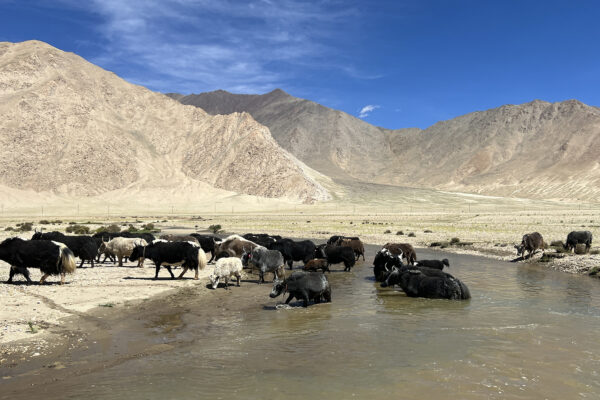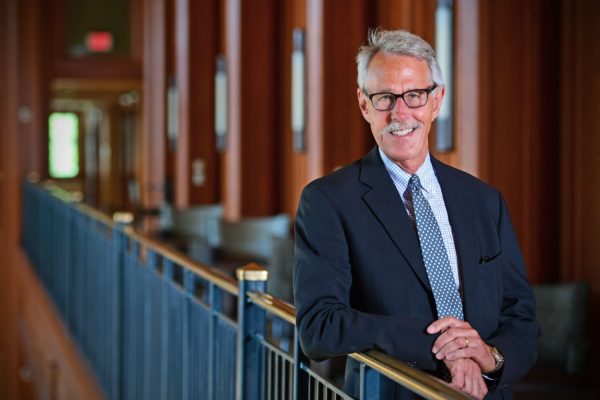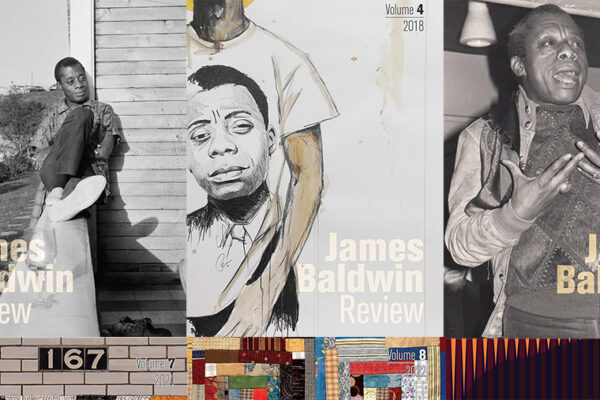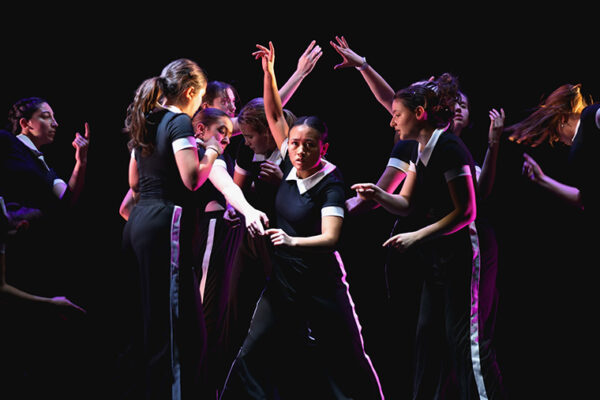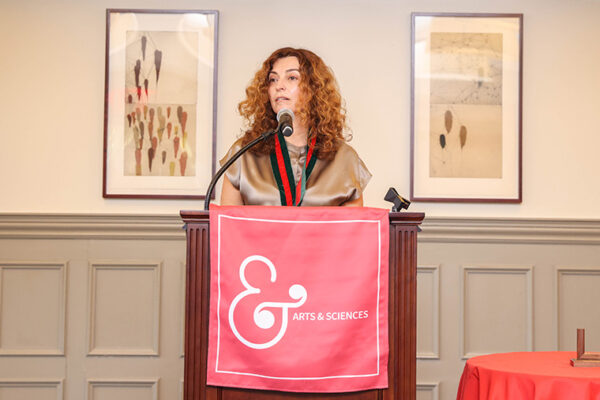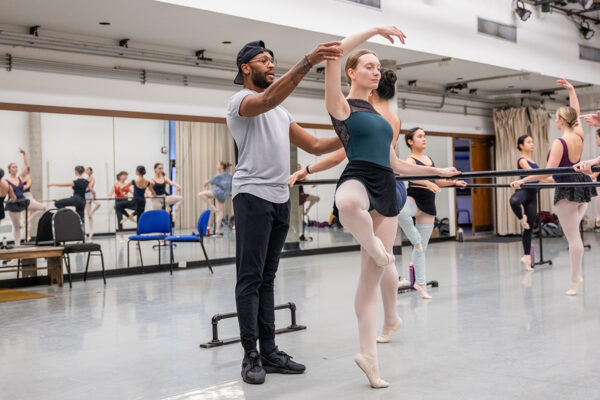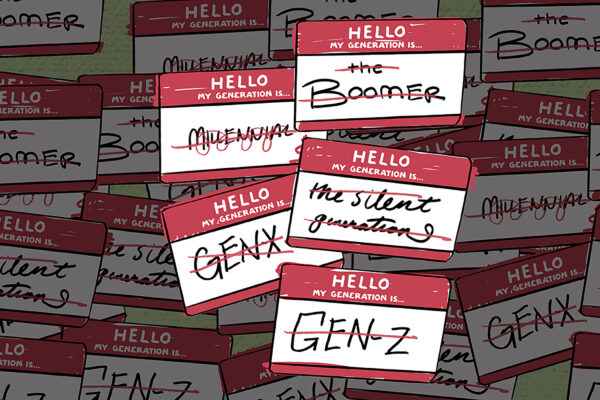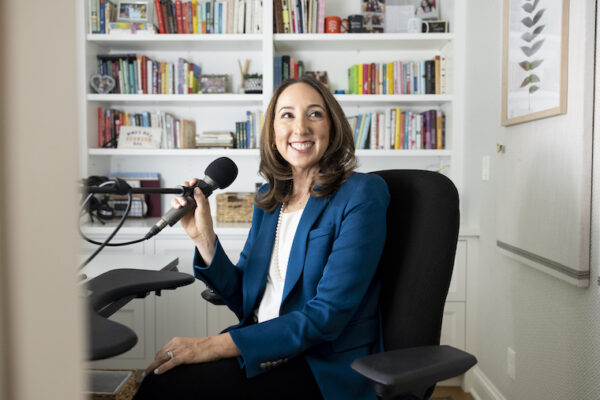Earliest evidence for domestic yak found using both archaeology, ancient DNA
Archaeologists from Washington University in St. Louis discovered evidence for domestic yak in the Tibetan Plateau dating back 2,500 years.
Eternal sunshine of the aging mind
Older adults spend less time worrying and more time staying on task, according to a new study by WashU psychological and brain sciences researchers Matt Welhaf and Julie Bugg in Arts & Sciences.
Mark Rollins, professor emeritus of philosophy, 76
Mark Rollins, a professor emeritus of philosophy in Arts & Sciences and former dean of University College, died Friday, Nov. 24, 2023, in Columbia, Mo., following a battle with cancer. He was 76.
‘The ability to tell the truth’
Dwight A. McBride and Justin A. Joyce discuss James Baldwin Review, which they co-founded in 2015 and which is now co-published by WashU and Manchester University Press. With more than 20,000 annual downloads, it is the most read journal in the press’s catalogue.
WashU Dance Theatre in Edison Dec. 1-3
“WUDT’sNEXT” will take place in Edison Theatre Dec. 1-3. The performance will feature original works by visiting choreographers Leslie Cuyjet and Mike Esperanza and faculty choreographers Antonio Douthit-Boyd, Elinor Harrison and David Marchant.
Parvulescu installed as Liselotte Dieckmann Professor in Comparative Literature
Anca Parvulescu, a professor of English in Arts & Sciences, was installed as the university’s Liselotte Dieckmann Professor in Comparative Literature Nov. 2.
Antonio Douthit-Boyd
Antonio Douthit-Boyd, in Arts & Sciences, returned to his hometown of St. Louis years ago and last fall joined WashU full time to be the Performing Arts Department’s ballet master. Learn about his journey and the future of classical dance at WashU.
A positive outcome to negative emotions
Arts & Sciences’ Emily Willroth finds those who accept unpleasant feelings, but not the underlying unpleasant situations, experience less anxiety and depression.
Generation gap
In forming public policy, policymakers shouldn’t rely on generational labels or stereotypes, says economist George-Levi Gayle.
For friendship’s sake
With “Dear Nina: Conversations About Friendship,” Nina Badzin, AB ’99, crafts a podcast that’s a salve for those craving connection.
View More Stories
